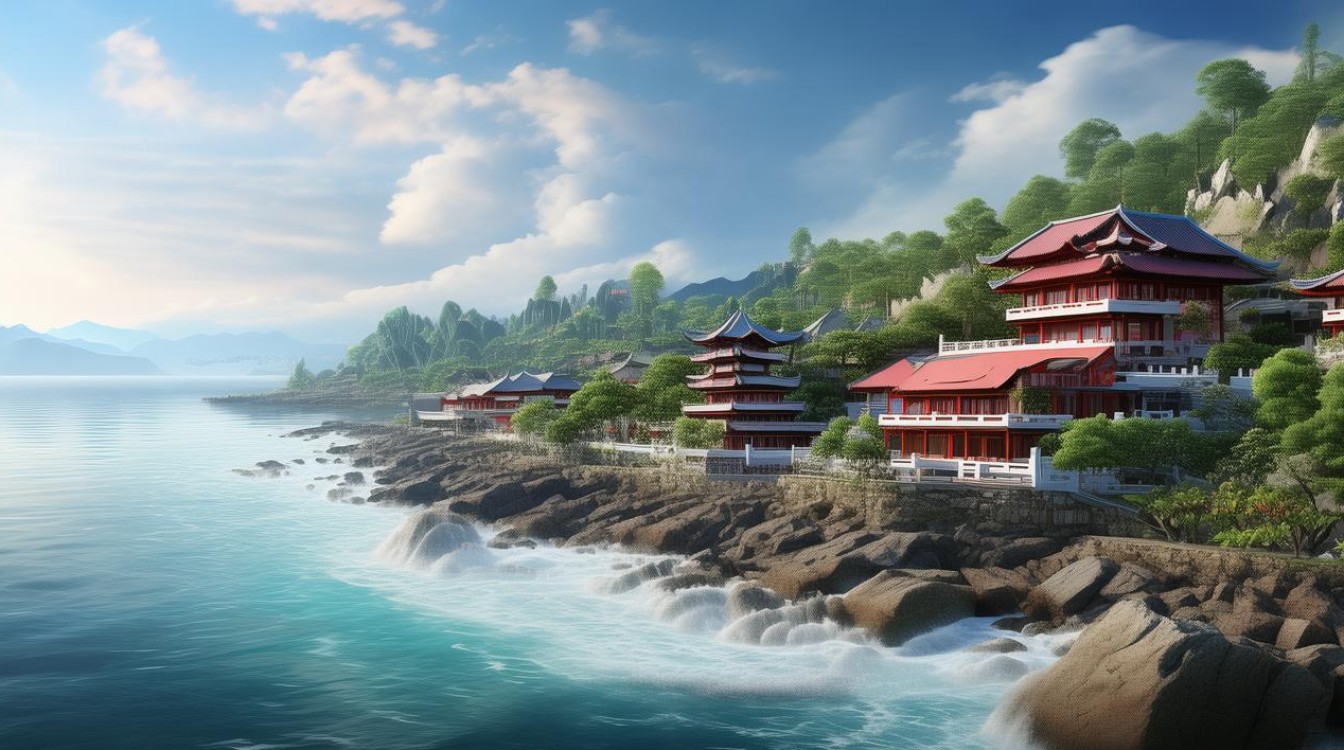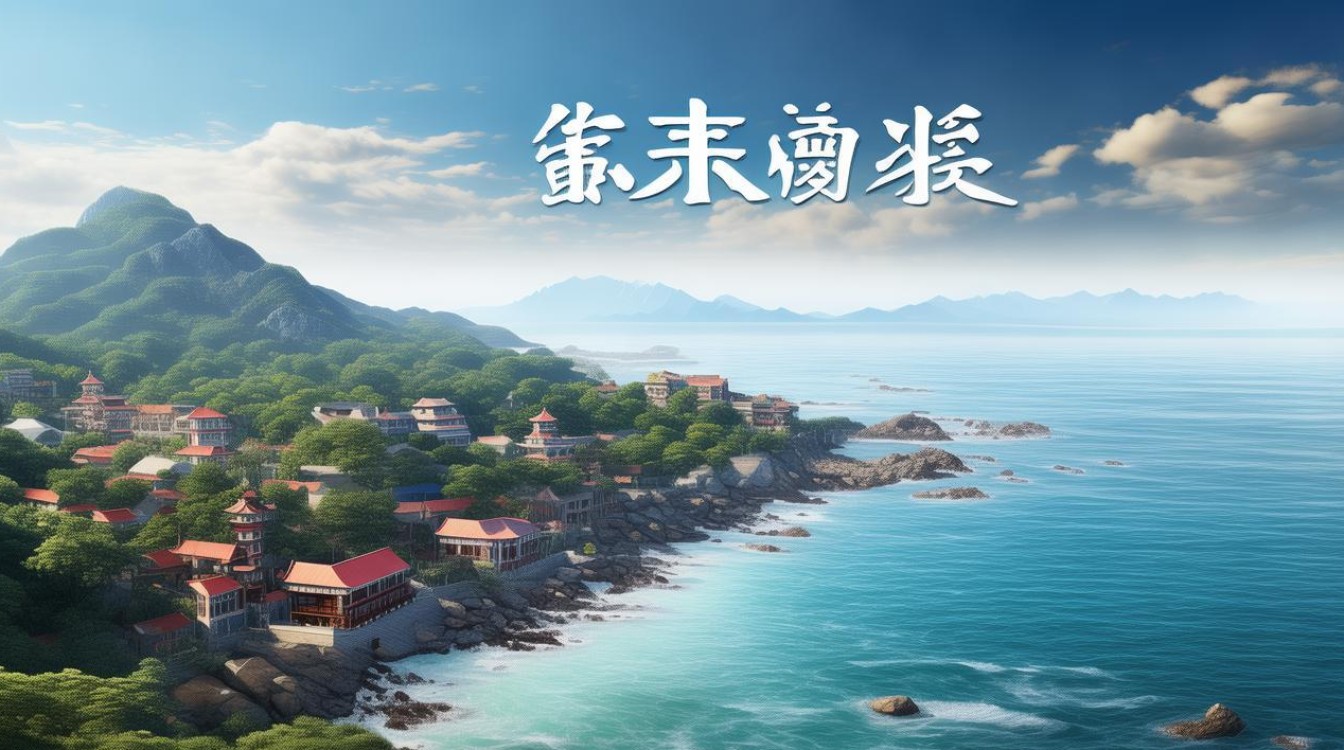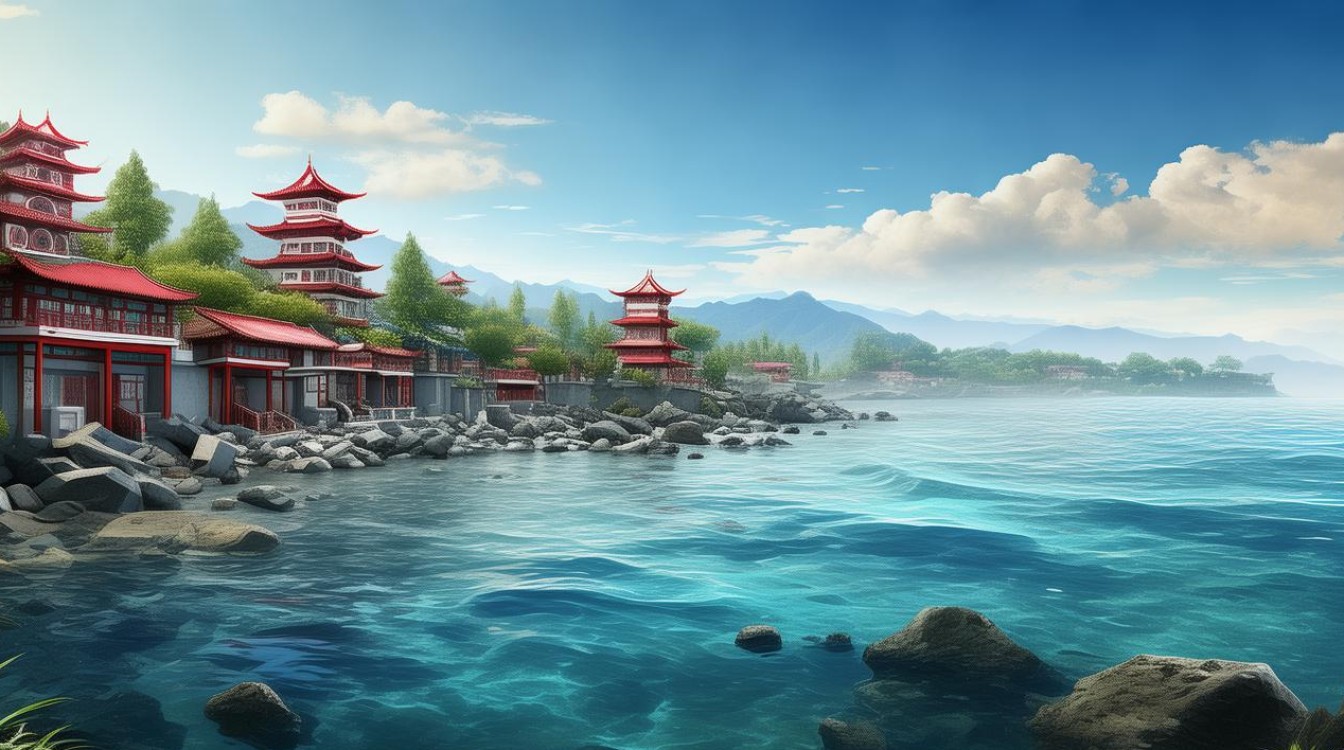Nestled along China's southeastern coast, Zhejiang Province stands as a vibrant blend of natural splendor, cultural heritage, and modern innovation. From the serene waters of the West Lake to the bustling streets of Hangzhou, Zhejiang offers a captivating journey for travelers and a rich tapestry of stories for those eager to learn.

A Land of Natural Wonders
Zhejiang’s landscape is a masterpiece of diversity. The province boasts lush mountains, winding rivers, and a coastline dotted with picturesque islands. Among its most iconic landmarks is the West Lake in Hangzhou, a UNESCO World Heritage Site. With its willow-lined shores and ancient pagodas, the lake has inspired poets and artists for centuries.
Further south, Mount Putuo emerges as a sacred Buddhist site, where tranquil temples overlook the East China Sea. For adventure seekers, the Yandang Mountain Range offers dramatic peaks and cascading waterfalls, while the Qiandao Lake (Thousand Island Lake) enchants visitors with its emerald waters and forested islets.
Cultural Riches and Historical Legacy
Zhejiang’s history stretches back thousands of years, leaving behind a legacy of art, philosophy, and tradition. The province is the birthplace of Liangzhu Culture, one of China’s earliest Neolithic civilizations, whose jade artifacts reveal a sophisticated ancient society.
In the realm of literature, Zhejiang has produced luminaries like Lu Xun, a pioneer of modern Chinese writing. The Ningbo Museum, designed by architect Wang Shu, showcases the region’s maritime history, while the Wuzhen Water Town transports visitors to a bygone era with its well-preserved Ming and Qing dynasty architecture.

The province is also renowned for its traditional crafts. Hangzhou’s silk has been prized since the Silk Road era, and Longjing tea, grown in the hills near West Lake, remains a symbol of Chinese tea culture.
Modern Innovation and Economic Powerhouse
Beyond its historical charm, Zhejiang is a driving force in China’s economy. The capital, Hangzhou, is home to tech giant Alibaba, symbolizing the province’s role in the digital revolution. Cities like Ningbo and Wenzhou are hubs of manufacturing and trade, contributing to Zhejiang’s reputation as a center of entrepreneurship.
The province’s infrastructure reflects its forward-thinking spirit. The Hangzhou Bay Bridge, one of the world’s longest cross-sea bridges, connects Zhejiang to Shanghai, facilitating commerce and tourism. Meanwhile, initiatives like the Zhoushan Free Trade Zone highlight Zhejiang’s commitment to global trade.
Culinary Delights: A Taste of Zhejiang
No exploration of Zhejiang is complete without savoring its cuisine. Known for its delicate flavors and fresh ingredients, Zhejiang cuisine (Zhe Cai) is one of China’s eight major culinary traditions. Signature dishes include:

- Dongpo Pork: A tender, braised pork belly named after the Song Dynasty poet Su Dongpo.
- West Lake Vinegar Fish: A sweet-and-sour delicacy made with fresh carp from the lake.
- Longjing Shrimp: Stir-fried shrimp paired with fragrant Longjing tea leaves.
Street food lovers will relish Shengjianbao (pan-fried dumplings) in Hangzhou or Ningbo’s glutinous rice balls filled with sweet sesame paste.
Why Zhejiang Captivates the World
Zhejiang’s allure lies in its ability to harmonize tradition with progress. Whether wandering through ancient water towns, hiking misty mountains, or witnessing the dynamism of its cities, visitors encounter a province that honors its past while embracing the future.
For those seeking inspiration, adventure, or simply a deeper understanding of China’s cultural and economic landscape, Zhejiang offers an unforgettable experience. Its beauty, history, and innovation make it not just a destination, but a story waiting to be discovered.
As someone who has explored its cities and countryside, Zhejiang leaves an indelible impression—a place where every corner holds a new wonder, and every visit feels too short.


